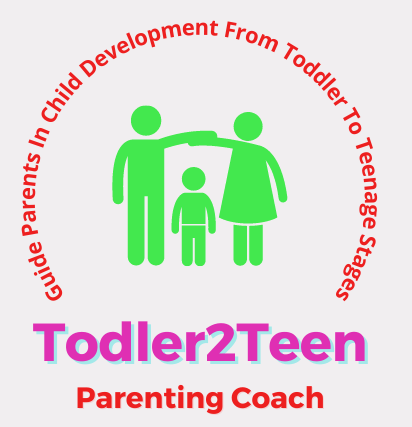Managing your child’s emotions
Do you (hereby, Parents) respond to your child’s questions in a way that he/she always accepts your suggestion/ answers? Do they share most of their feelings with you? Do they listen to you always and don’t argue with you? Do they play in their own and don’t follow behind you much at home? If the answers to the above ones are “yes”, then you are a lucky Parent. Congratulations!
If not, then what?
If your child is not accepting your suggestion, argues with you or repeats the same issue repeatedly and even follow behind you after you tried to stop your child giving them solutions, you may get irritated and may lose your temper. It happens because you want your child to listen to you but he/she won’t and problems are pondering over your head every now and then. Did you ever thought of why there is misunderstanding between Parents and kids or where is the problem? If you have ever thought of, did you get some solution to it or discussed the same with anyone? Has there been any improvement after that? If you have noticed any improvement, that’s great and you can still try out how better you can make in Parent-child relationship.
Let me tell you that your child doesn’t want to interrupt you for no reason. In most of the cases, kids express their feelings in childish words. And why not, even children do the same! Parents need to understand that your children do have the same type of emotions as you. They too feel hot, cold, anxiety, restless, moody, happy, sad and lot more. They are expressing their feelings with you; if that is in their favour or not. Parents need to understand that because the child is feeling something, they are coming up to you. You need to manage them in their way, such that they resonate with you. In such circumstances, if you want to suppress their feelings over your words, it is creating a difference between you and your child’s healthy relationship. Parents need to put themselves in the child’s shoes and think of it as to what was their feelings that they are experiencing with and how can you resolve it in their favour. This will create a positive impact once you understand and react accordingly.
You are not wrong in your part, neither your child too. It is common in most of the families to have such a difference. We ourselves faced such indifference from elders when we were young; but since we are aware now, we can create a difference in our child so that what happened with us does not gets repeated. We learn from our mistakes and making mistake is common.
You will receive more updates once you fill the form below.
Leave us comment below or write to us how you like the post. Refer your friends too to visit our website.

